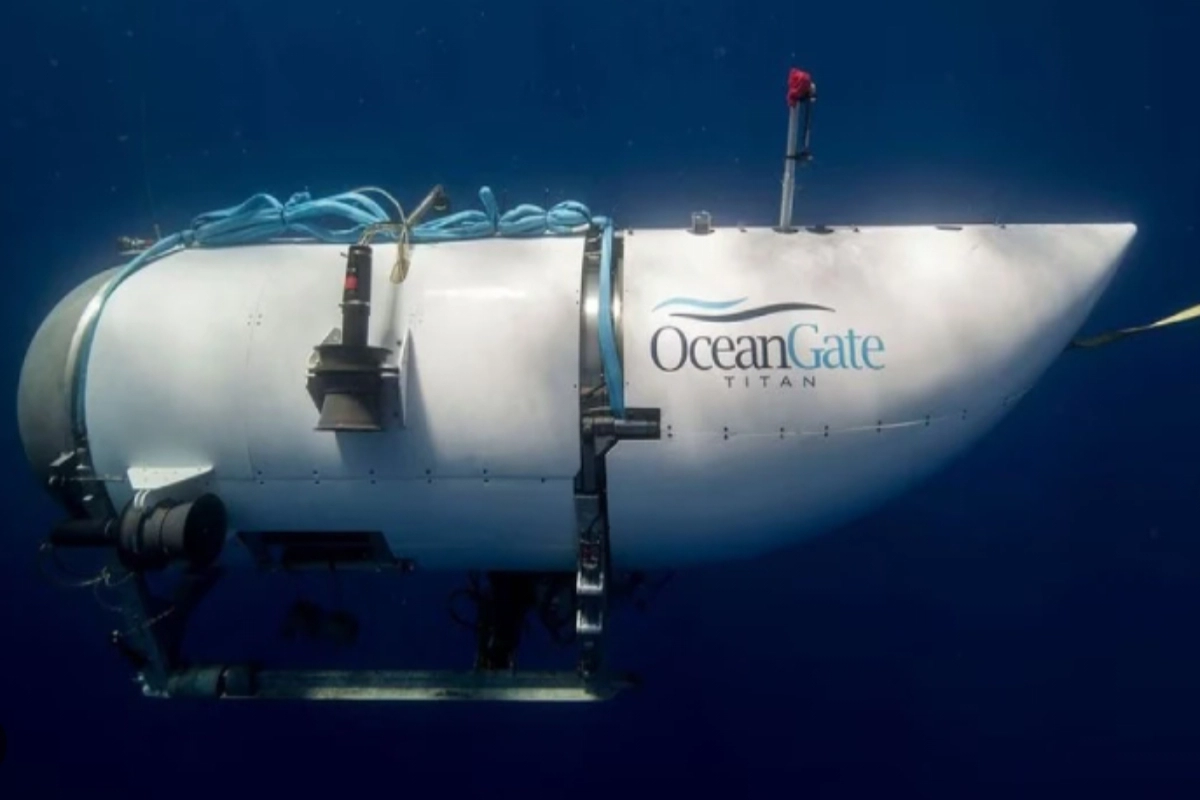US: The government and other authorities in the United States have been encouraged by experts to increase funding for lab monkey breeding programmes and to cease importing non-human primates for use in laboratories.
Documents from the American Centers for Disease Control and Prevention (CDC) indicated that imported monkeys carried deadly pathogens, zoonotic germs, and viruses that infiltrated the country.
The paperwork, which were acquired by People for the Ethical Treatment of Animals, revealed that the monkeys were brought from Asia between 2018 and 2021. (Peta).
In addition, a case report by the American Association for Laboratory Animal Science found that six instances of Burkholderia pseudomallei infection were found in monkeys brought into the US from Cambodia.
According to a story by the Financial Times, US-listed Charles River and Inotiv, two of the biggest providers of lab monkeys to the pharmaceutical industry, recently warned investors that they expect disruption to US imports from Cambodia.
Also Read: China’s territorial conflicts serve as a channel for its internal suffering, Report
No evidence of CDC or research industry being open with the public
There is no evidence that the CDC or research industry have been open with the public about these sick monkeys, Dr. Lisa Jones-Engel, a senior science consultant for Peta, told The Guardian.
The National Association for Biomedical Study’s president, Matthew Bailey, was quoted by the Financial Times as saying, “If companies and academic researchers can’t get the non-human primate [monkeys] research models they need — then the work stops. You can say goodbye to new vaccines and drugs.”
“It is vital to public health and national security,” Bailey continued.
The article also included a case study of melioidosis, a rare but serious illness in humans brought on by the bacterium B pseudomallei.
By coming into contact with the pathogen through soil or water, the bacteria, which are endemic to Southeast Asia, become active. B pseudomallei is a “Tier 1 select agent,” according to the CDC, with a 50% mortality rate and the potential to be utilised in bioterrorism.
Details of a case where one of the macaques in the US was diagnosed with B pseudomallei are reported in a study paper that was published last week. When the diagnosis was made in Texas in January 2021, the monkey had been quarantined when it had flown into the US from Cambodia with 359 other macaques.
The imported non-human primates, or NHPs, are kept in quarantine for 31 days in America as required by the CDC while being examined for infectious diseases.
The macaque was put down due to concerns, and the report noted that the other monkeys transported with the diseased monkey “looked healthy at the end of the quarantine period and were released from CDC-mandated quarantine.”
Also Read: Arunachal Clash: “Pitai” Shouldn’t Be Used for Jawans, Jaishankar slams Rahul Gandhi’s remark
Global mobility of people and animals may spread B pseudomallei
The global mobility of people and animals may spread B pseudomallei into areas of the United States where it is not endemic, according to the paper “Melioidosis in a Cynomolgus Macaque Imported to the United States from Cambodia”.
Guardian cited Jones-Engel as saying: “Monkeys imported from Asia can harbour the Burkholderia pathogen for months, shedding the bacteria via their feces, urine, blood and saliva into the environment. The CDC knows the danger to humans and has failed to warn the public.”
According to the report, the CDC mandates that freshly imported primates be “quarantined for at least 31 d, during which time their health is constantly monitored” in order to prevent the entry of infectious organisms into the US.
Keep watching our YouTube Channel ‘DNP INDIA’. Also, please subscribe and follow us on FACEBOOK, INSTAGRAM, and TWITTER












